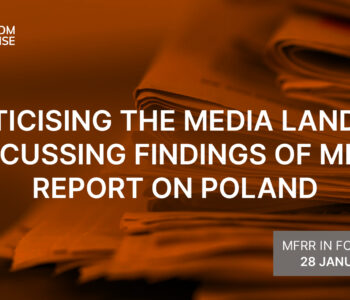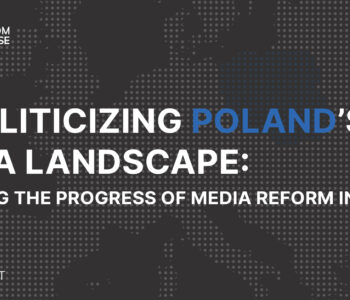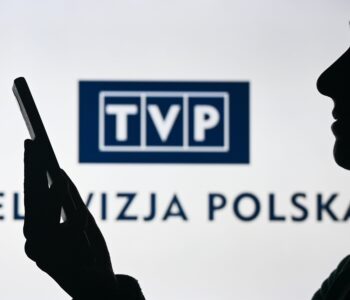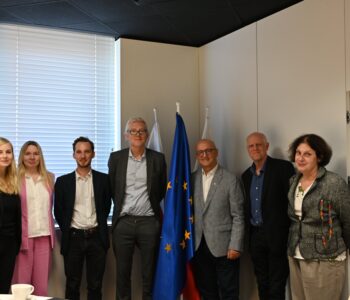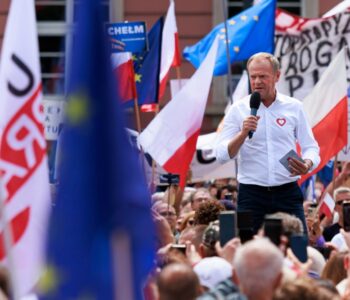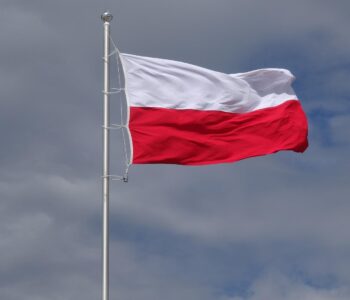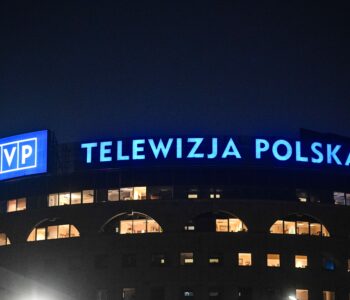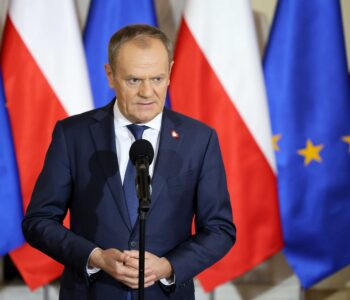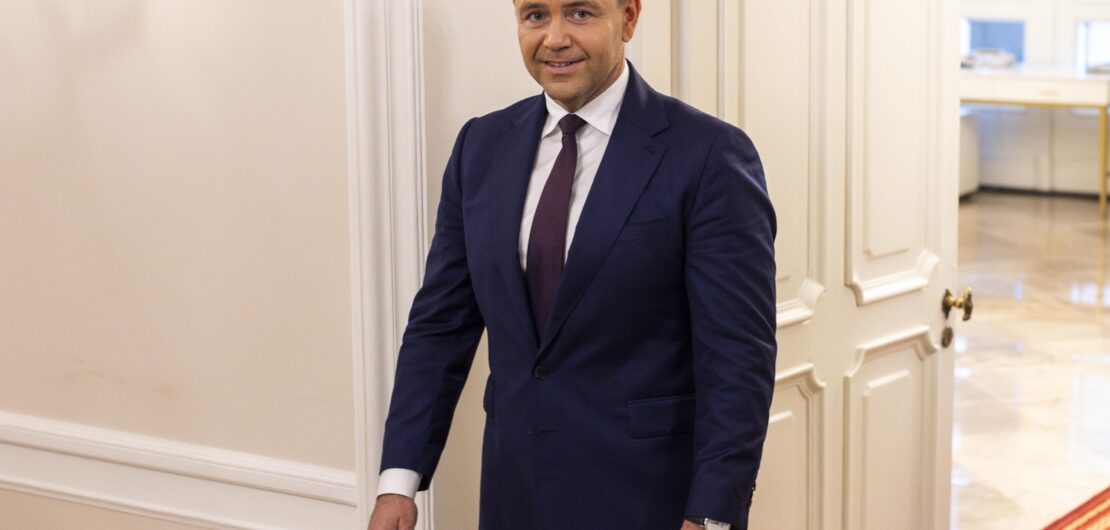 Library
Library
Poland: New president urged to commit to press freedom…
Poland: New president urged to commit to press freedom reforms
Following the victory of Karol Nawrocki in Poland’s presidential election on 1 June, the undersigned media freedom organisations today call on the president elect to commit to building a cross-party consensus required to bolster press freedom and strengthen Polish democracy.
06.06.2025
Though the election of the Nawrocki, an ally of the Law and Justice (PiS) party, pits him in opposition to the government of Prime Minister Donald Tusk, our organisations jointly stress the need for genuine and effective cooperation to drive forward much needed reforms to the media ecosystem, including on Strategic Lawsuits Against Public Participation (SLAPPs) and the democratisation of the country’s public media.
Media reform plans should bring Polish legislation in line with requirements set out by the European Union’s European Media Freedom Act (EMFA), which is due to come into effect in August this year, and EU anti-SLAPP Directive and Recommendation adopted in 2024.
A lack of cooperation and compromise between the new president and government ultimately risks undermining the prospects for comprehensive reform of the Polish media landscape, hindering efforts to strengthen the resilience and independence of public media, and negatively impacting citizen’s right to information.
Since its election in October 2023, the current Civic Coalition-led ruling majority has been working on reform proposals in this direction. However, the process has proven more difficult than initially expected, with politicians citing the complexity of large scale reform as progress slowed to a halt. In addition, the government has tried to justify the drawn-out timeline for reforms by the risk of being blocked by President Andrzej Duda, who is politically affiliated with PiS. For instance, a presidential veto in late 2023 deprived the public media of funding.
Under the former PiS-led government, the country’s public media and key broadcast media regulator suffered from political capture and the erosion of their independence, while politicians and figures connected to the government abused the legal system to try and silence the media with vexatious lawsuits.
Poland’s National Broadcasting Council (KRRiT) was politically captured by PiS. Since 2022, it has been led by the PiS-appointed Maciej Świrski, who uses his position to withhold funds to the public media – whom he accuses of being controlled by the new government – and to issue fines to broadcasters critical of PiS.
The public broadcasters Telewizja Polska (TVP) and Polskie Radio remain in a state of legal limbo following the 2023 elections, when the new government bypassed established procedures to remove pro-PiS leadership and journalists from their positions. While TVP is no longer the same propaganda machine it was under PiS, it is not a fully independent public broadcaster either. Critics, including media watchdogs and journalists, have pointed to a clear bias in favor of the current ruling coalition – though less blatant than under the previous government.
Systemic reform, outlined in recommendations formulated by Reporters Without Borders’ (RSF) and the Media Freedom Rapid Response (MFRR) following their missions to the country, remain essential to ensuring that stronger safeguards are established, to prevent all forms of political interference in editorial decision making and managerial appointments, as well as to ensure that state propaganda that defined TVP under PiS cannot return.
As highlighted in a recent report published by IPI and the Media and Journalism Research Centre (MJRC), the new government’s reform package aims in part to address the situation at TVP, ensure the independence of KRRiT and improve media ownership transparency. New media legislation would also help improve protections of editorial independence and media pluralism, as well as ensure the fair and transparent distribution of state advertising.
Moving forward, we therefore urge the president elect Nawrocki to play a positive role in developing the political consensus necessary to drive through long-term protections for media freedom in Poland, and to approve the aforementioned proposals if they are passed in parliament.
To do so, we call on president elect Nawrocki to cooperate with both chambers of parliament in the coming months to accelerate the implementation of the guiding principles of EMFA and the EU anti-SLAPP initiative into national law. This should include improving legal safeguards for the editorial independence of private media, bolstering the independence of the public broadcaster and of KRRiT, as well as shielding media from vexatious lawsuits.
Doing so will increase the protection of media freedom and independent journalism as essential pillars of a free and democratic Polish society.
This statement was coordinated by the Media Freedom Rapid Response (MFRR), a Europe-wide mechanism which tracks, monitors and responds to violations of press and media freedom in EU Member States and Candidate Countries.

